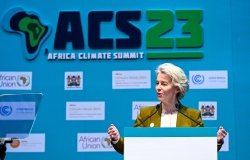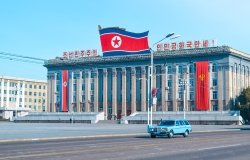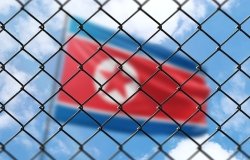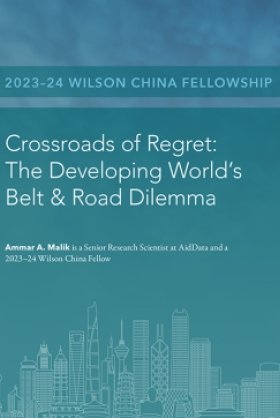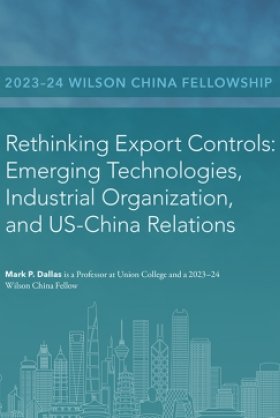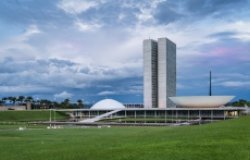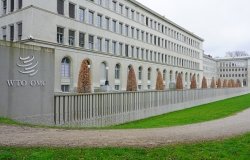#42 The International Environment for Adjustment in Developing Countries
By Sidney Dell
This draft paper was prepared for the June 1979 Workshop on "Economic Stabilization Programs in Latin America: Political Dimensions" organized by the Latin American Program of the Woodrow Wilson International Center for Scholars.
Summary
Developing countries faced current deficits of unprecedented magnitudes in their balances of payments during the 1970s. Many had to bear a burden of adjustment out of all proportion to their degree of responsibility for the imbalances incurred. Apart from the fact that the deficits were to a considerable degree the counterpart of structural surpluses in certain industrial and certain oil- exporting countries, the sources of imbalance included exceptional increases in import prices, and the shifting of balance-of-payments pressures from industrial to developing countries owing to recession and a growing wave of protectionism in the former countries.
Despite certain innovative approaches, the international community did not go far enough in adapting its policies to the special character of the problems encountered. The application of traditional stabilization programs resulted, in a number of cases, in severe disruption of development. The period of adjustment was much too short for many countries, and there was a manifest lack of official resources for medium-term balance-of-payments support. This resulted in a perverse distribution of the burden of adjustment, the poorest countries suffering most. A number of changes in international policy and practice are required to avoid a repetition of this experience. In particular, special provision is needed for cases in which deficits are largely of external origin, involving more adequate IMF financing at low conditionality so as to permit a stretching out of the period of adjustment.
Related Program

Latin America Program
The Wilson Center’s prestigious Latin America Program provides non-partisan expertise to a broad community of decision makers in the United States and Latin America on critical policy issues facing the Hemisphere. The Program provides insightful and actionable research for policymakers, private sector leaders, journalists, and public intellectuals in the United States and Latin America. To bridge the gap between scholarship and policy action, it fosters new inquiry, sponsors high-level public and private meetings among multiple stakeholders, and explores policy options to improve outcomes for citizens throughout the Americas. Drawing on the Wilson Center’s strength as the nation’s key non-partisan policy forum, the Program serves as a trusted source of analysis and a vital point of contact between the worlds of scholarship and action. Read more
